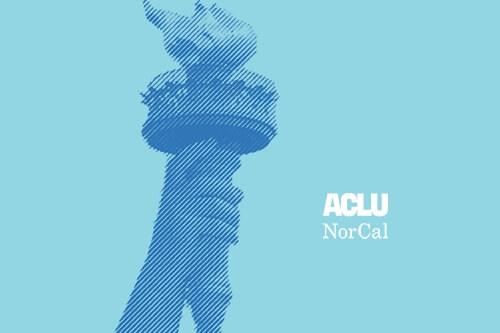Article Media

Despite enduring unimaginable, heartbreaking grief, the families of murder victims are choosing to speak out against the death penalty by sharing their most painful stories of loss.
Their experiences form part of a powerful new publication entitled “Voices from California Crime Victims for Alternatives to the Death Penalty,” a joint project of three organizations that are working to reframe the debate over the death penalty in California - Murder Victims’ Families for Reconciliation, Death Penalty Focus, and the ACLU-NC.
The death penalty solves nothing and may even perpetuate the suffering of the parents, children, or siblings left behind, the contributors to the booklet concur.
“Revenge is not justice,” says Lorrain Taylor, whose twin boys, Albade and Obadiah, aged 22, were murdered while working on their stalled car. Obadiah had plans to open his own barbershop, and Albade had just received a promotion at the law firm where he worked.
“Taking another person’s life does not stop violence,” says Taylor. “There’s a contradiction in responding to murder by executing people.”
Many of the family members of murder victims continue to uphold the memories, ideals, and efforts of their loved ones. Joshua “Jojo” White, the son of Derrel Myers and Naomi White, was 23 years old when he was shot dead by a young assailant. Jojo was known for his work for peace and justice, including serving as a counselor to at-risk youth at Martin Luther King Jr. Academic Middle School in San Francisco. Jojo also opposed the death penalty.
“We do not think that the execution of Jojo’s killer will make the world a better place,” say Jojo’s parents. “We honor Jojo’s life by working for peace and social justice – goals that were important to him.”
Aba Gayle, the mother of Catherine Blount, who was murdered at age 19, speaks of the transformative power of forgiveness. For eight years following Catherine’s death, Aba Gayle says she was consumed with the desire for revenge. After a personal journey of spiritual growth and healing, she reached out to Douglas Mickey, the man convicted of Catherine’s murder and currently on California’s death row.
“Twelve years after Catherine’s death, I wrote a letter to Mr. Mickey telling him that I forgave him,” recounts Gayle. “The act of mailing that letter resulted in instant healing.”
Some of the speakers in “Voices” echo a perspective that may be gaining popularity among California voters – that a more balanced approach to the problem of crime will require shifting some of the dollars the state spends on punishment toward programs that address root causes of crime, including poverty.
“If the government really wanted to end the violence, it would take the millions of dollars it is wasting on the death penalty in California and use it for violence prevention for youth, rehabilitation, and victim services,” says Taylor.
In 2005, the Los Angeles Times reported that California spends $57.5 million more every year to house people on death row than would be spent if all of those people were sentenced to life without parole.
“Voices” is being released publicly as hearings on the problems with California’s death penalty commenced in Sacramento. Convened by the California Commission on the Fair Administration of Justice, the hearings present a historic opportunity for concerned Californians to talk about whether the rationales for replacing the death penalty that recently persuaded New Jersey lawmakers apply here as well. The ACLU of Northern California will present new statistics and review legal developments that may signal shifts in the way Californians think about the ethics and efficacy of the death penalty. The Commission hearings will also give the survivors of murder victims a critical opportunity to speak.
Subsequent hearings will be held in February and March. For information on the hearings, see visit the Commission's website at www.ccfaj.org.
To read stories from victims’ families, visit www.californiacrimevictims.org.
